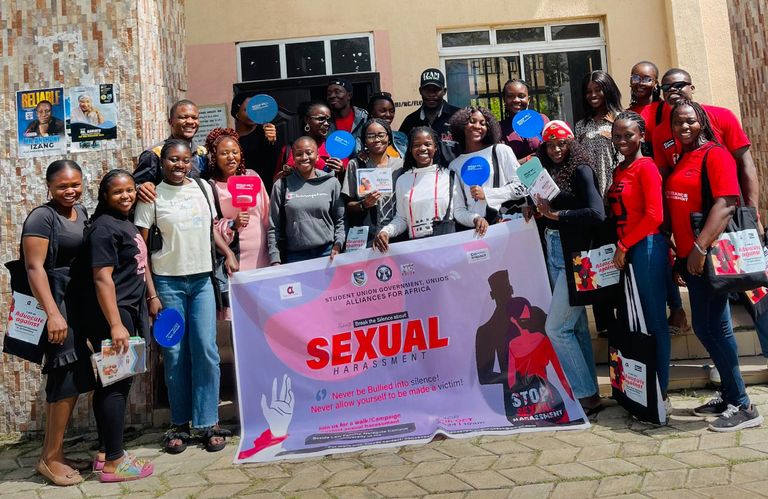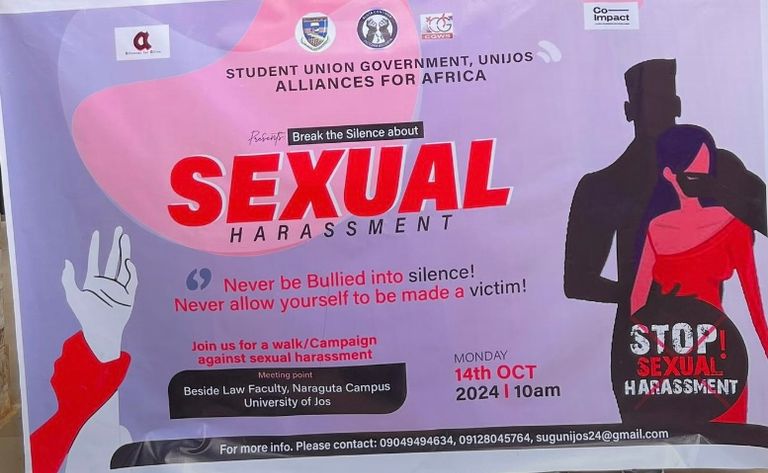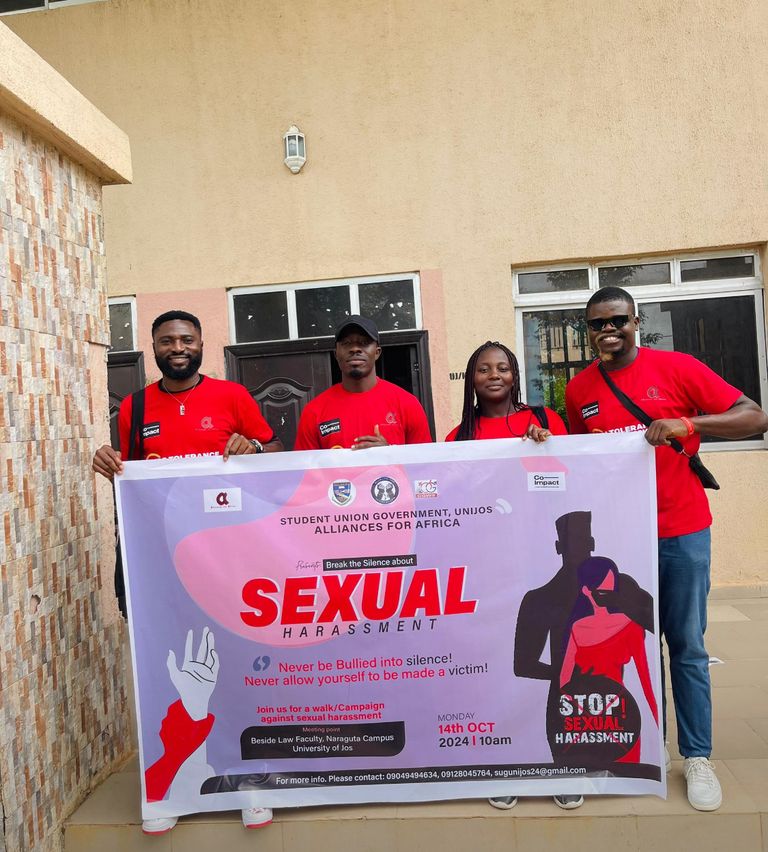
Sexual harassment is unwelcome behavior or comments of a sexual nature that create a hostile or intimidating environment. It can occur in various settings, including:
Types of Sexual Harassment:
- Verbal: Inappropriate comments, jokes, or gestures.
- Nonverbal: Unwanted touching, staring, or displaying explicit images.
- Physical: Unwanted contact, assault, or coercion.
- Written: Emails, texts, or social media messages with sexual content.

Forms of Sexual Harassment:
- Quid Pro Quo: Trading favors for sexual acts.
- Hostile Work Environment: Creating a toxic atmosphere.
- Stalking: Repeated, unwanted attention.
- Cyber Harassment: Online harassment.
Effects of Sexual Harassment:
- Emotional distress
- Anxiety and depression
- Post-Traumatic Stress Disorder (PTSD)
- Decreased productivity
- Social isolation
Prevention Strategies:
- Establish clear policies
- Provide training and education
- Encourage reporting
- Foster a supportive culture
- Hold perpetrators accountable

Creating a Safe Environment:
- Promote respect and inclusivity
- Encourage open communication
- Address microaggressions
- Support survivors
- Continuously evaluate and improve policies
Prevention strategies for sexual harassment and assault:
Individual Strategies:
- Set boundaries: Clearly communicate comfort levels.
- Be aware of surroundings: Trust instincts, avoid isolated areas.
- Support others: Believe survivors, offer resources.
- Practice healthy relationships: Respect, communication, consent.
- Educate yourself: Understand laws, policies, and resources.
Workplace Strategies:
- Develop policies: Clear, comprehensive, and enforced.
- Training: Regular, interactive, and mandatory.
- Reporting mechanisms: Confidential, accessible, and prompt.
- Investigate incidents: Thorough, impartial, and timely.
- Hold perpetrators accountable: Disciplinary action, consequences.
Community Strategies:
- Promote respect: Encourage healthy attitudes, behaviors.
- Support organizations: Donate, volunteer, advocate.
- Engage in activism: Raise awareness, influence policy.
- Educate children: Consent, boundaries, healthy relationships.
- Foster inclusive environments: Welcome diversity, promote equality.
Campus Strategies (Educational Institutions):
- Title IX compliance: Ensure equal access, investigate incidents.
- Campus resources: Counseling, support groups, advocacy.
- Bystander intervention: Empower students to intervene.
- Consent education: Clear, ongoing, and mandatory.
- Safe spaces: Designate areas for support, resources.

Online Strategies:
- Block/Mute: Manage online interactions.
- Report harassment: Platform reporting mechanisms.
- Privacy settings: Control online presence.
- Support online communities: Safe, respectful spaces.
- Educate online etiquette: Respectful communication.
Legislative Strategies:
- Strengthen laws: Improve protections, consequences.
- Increase funding: Support services, education, prevention.
- Advocate policy change: Influence legislation.
- Encourage corporate responsibility: Implement policies.
- Support research: Understand, address root causes.
Thank you for stopping by my post today, I hope you enjoy my content please drop a comment below and state how useful this content was to you. Thank you for support

Congratulations, your post has been upvoted by @dsc-r2cornell, which is the curating account for @R2cornell's Discord Community.
Enhorabuena, su "post" ha sido "up-voted" por @dsc-r2cornell, que es la "cuenta curating" de la Comunidad de la Discordia de @R2cornell.